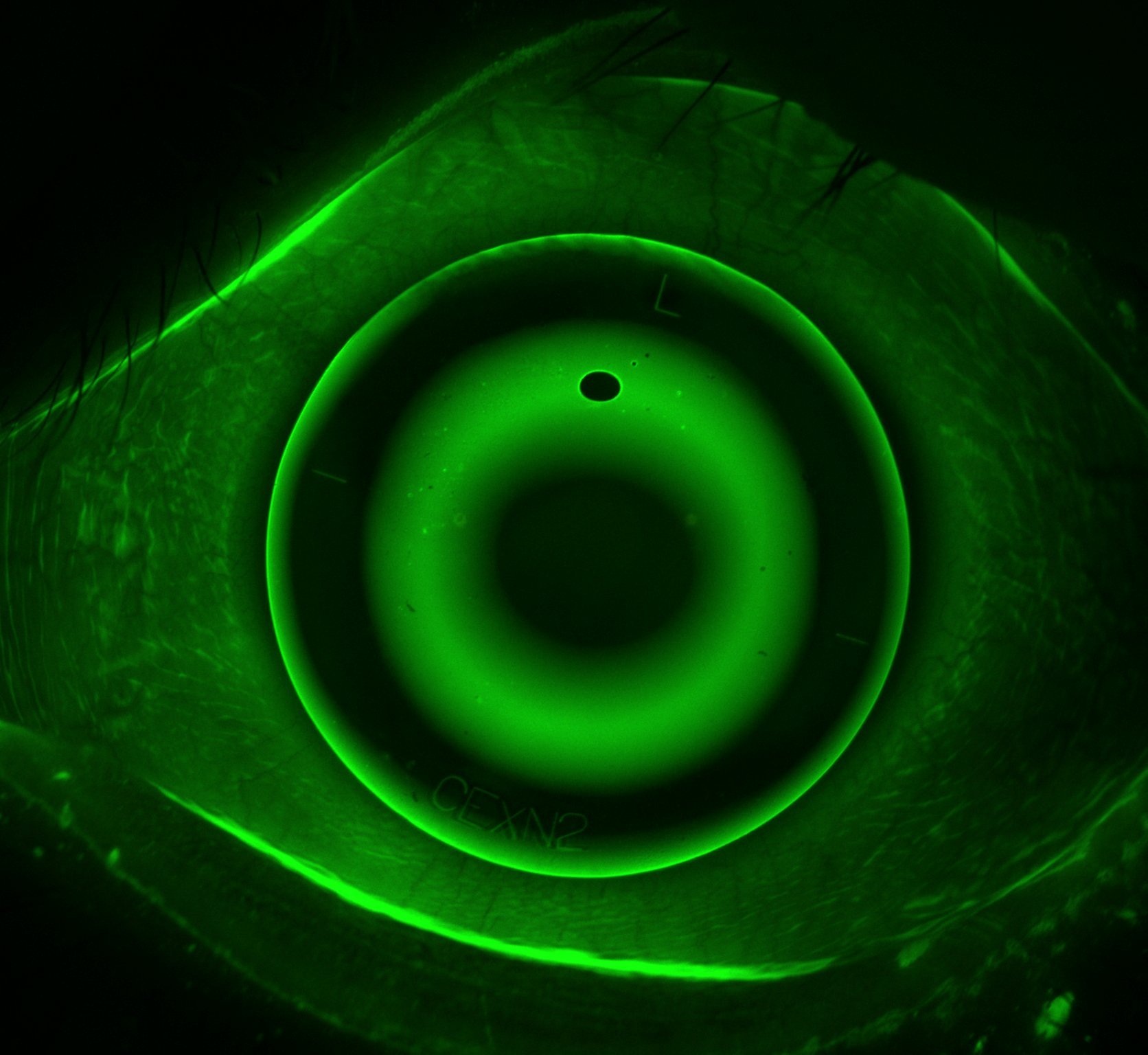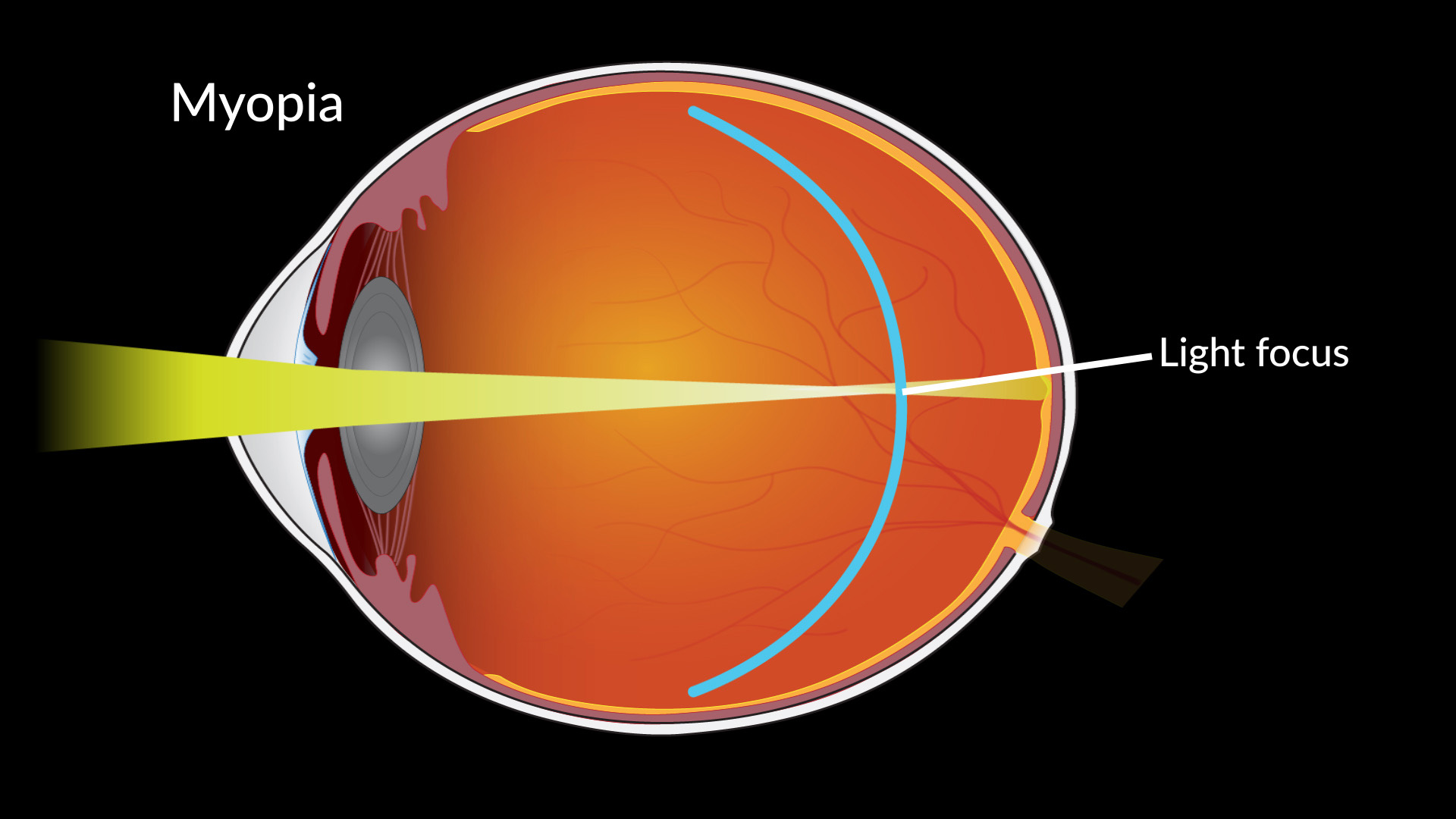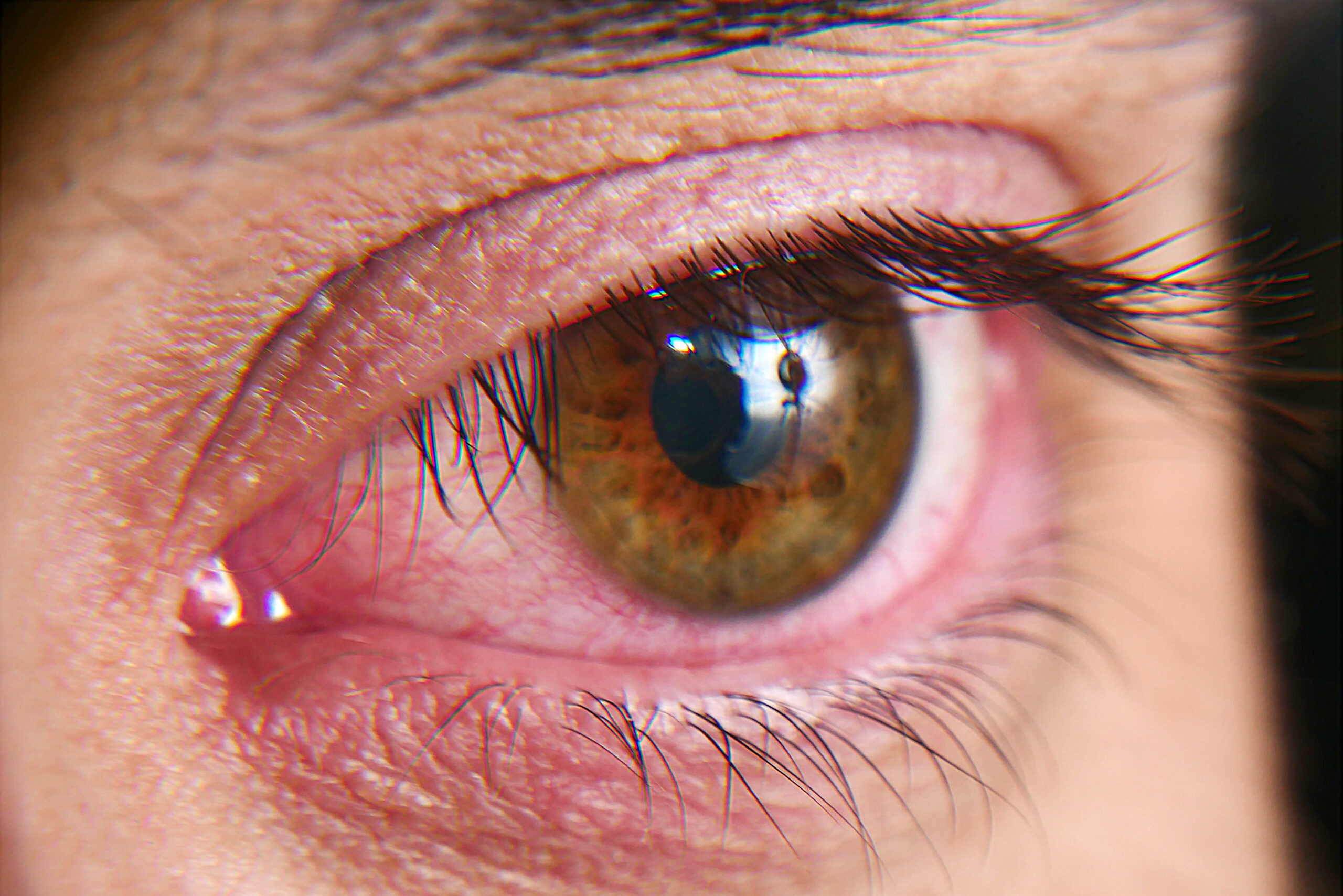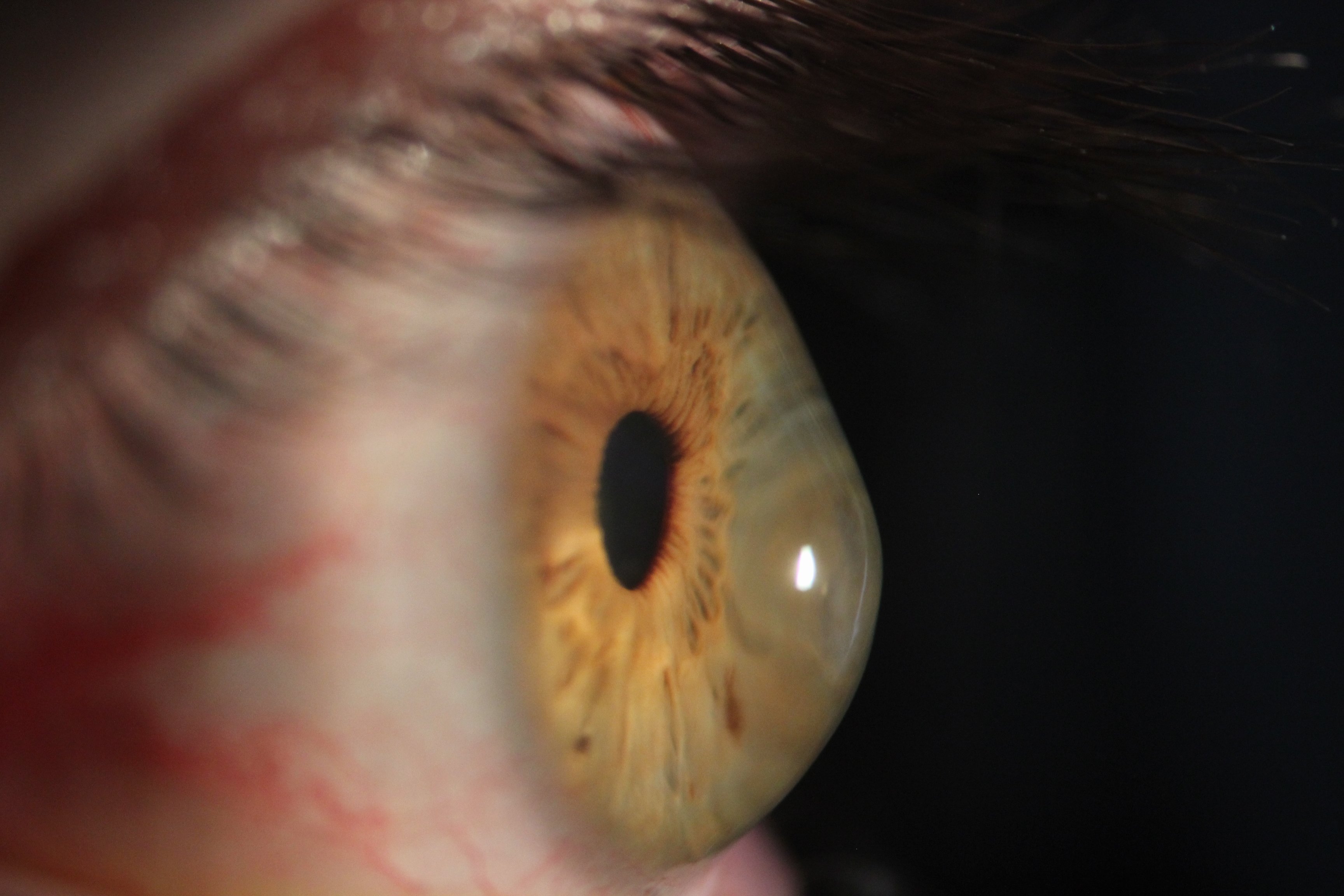
Irritated, red, eyes can be caused by a number of different maladies but if itchiness is present then this symptom points strongly to allergy eyes.
Eye allergies are an over sensitivity to a harmless foreign substance, an allergen, which may be seasonal (pollens and grasses) or year-round (dust mites, animal dander, air pollutants, moulds). Allergies affect around 20% of the population with 1/5th of those having allergies involving the eyes.
For an allergic reaction to occur in the eyes, there must be some form of matter, often microscopic, which comes into contact with the eyes and so a conservative and often adequate first step is to use frequent lubricating drops to clear away the material that’s causing the reaction. In some cases, a reduced tear film layer may be the primary factor and reestablishing a well lubricated eye surface may be all that’s required to manage the allergic reaction.
If a causative allergen can be identified then avoidance is recommended - staying indoors on high pollen count days, wearing glasses/sunglasses when cutting grass, keeping pets out of the bedroom can be enough to manage the allergy in some circumstances.
Decongestant drops are marketed at irritated eyes, but they treat the symptoms without really treating the cause and when they are used regularly can result in rebound redness and changes to pupil activity and to vision. These drops are not trivial, especially in existing cardiovascular or hypertension, and can even be fatal when used inappropriately. Chronic use of these drops can cause long term dry eyes which are difficult to manage, and we rarely recommend these drops in our practice.
The hypersensitivity reaction of an allergy results in inflammation and just like you would ice a sprained ankle to reduce the inflammation, an allergic eye can be quickly and easily quelled by applying cold packs to the eyes or using lubricating drops that have been refrigerated. On our online store, there are cold packs available.
More severe cases, which are often accompanied by stringy, sticky but clear discharge from excessive mucus production may need antihistamine eye drops or stronger anti-inflammatory drops.
Very severe allergies have the potential to cause irreversible effects on vision and effective management is vital to prevent vision loss.
Ocular allergies often require ongoing management but optometrists are able to prescribe a variety of medicines to compliment the non-pharmacologic treatment strategies to mean that relief is available for itchy, allergic eyes.
References
Patel Darshak S, Arunakirinathan Meena, Stuart Alastair, Angunawela Romesh. Allergic eye disease BMJ 2017; 359 :j4706 https://www.bmj.com/content/359/bmj.j4706.full
Chigbu, D. I. (2009). The management of allergic eye diseases in primary eye care. Contact Lens and Anterior Eye, 32(6), 260–272.









%20(1).png)




















